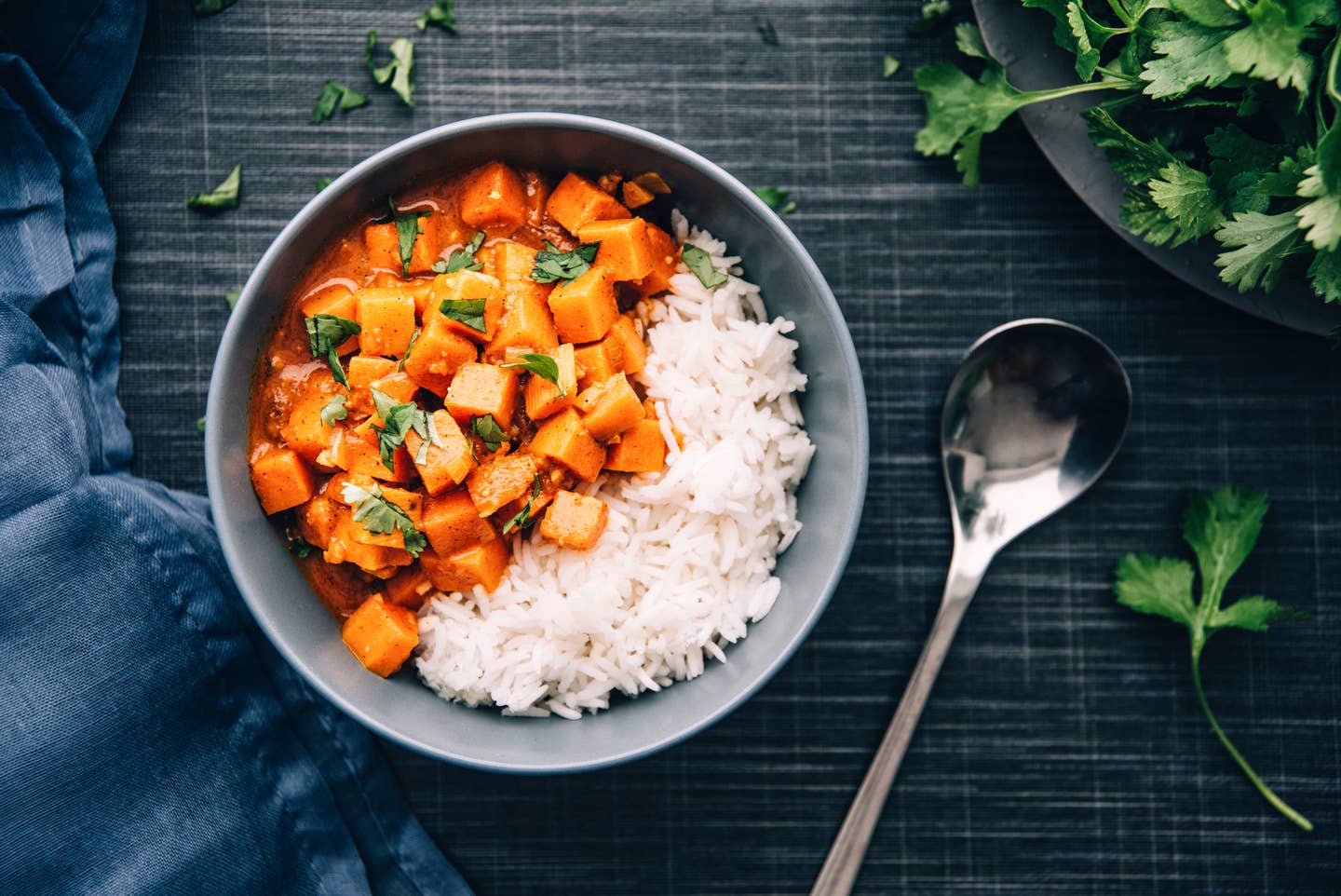
Eat These 20 Plant-Based Foods to Help Boost Your Body’s Immunity
The proper function of the body’s immune system relies on hundreds of factors, including predetermined ones like genes as well as controllable pieces of the puzzle such as sleep, hygiene, and stress levels. One important key aspect that we can control is our diet, specifically by focusing on a nutritious plant-based diet full of antioxidants and vitamins. We interviewed Hannah Hokanson, a registered and licensed dietician (RD, LD), to learn more about the heavy-hitter foods that can help boost immunity now when you need it most.
Vitamin C-rich Foods
There are four main nutrients that support your immune system, each in their own unique way. First up is vitamin C, which studies have shown is an important contributor to immune function. “Vitamin C (ascorbic acid) is a vitamin your body needs to form blood vessels, cartilage, muscle and collagen in bones... and is vital to your body's healing process,” according to The Mayo Clinic. Hokanson adds that “vitamin C helps stimulate the formation of antibodies” so it boosts immunity. Ascorbic acid is also an antioxidant, which helps protect your healthy cells against damage from free radicals, the registered dietician shared.
It’s no surprise that vitamin C is present in high levels in citrus fruits such as oranges and grapefruit as well as red bell peppers, kiwi, mangoes, and strawberries, as well as greens such as spinach, Brussel sprouts, and broccoli. Since the body doesn’t produce its own Vitamin C it must be obtained from the foods and supplements. The recommended daily amount of vitamin C for adult men is 90 milligrams (mg) and for adult women is 75 milligrams, according to The Mayo Clinic.
Top sources of Vitamin C:
- Kiwis contain about 167 milligrams of Vitamin C per 1 cup serving
- Red bell peppers contain about 120 milligrams of Vitamin C per 1 cup serving
- Oranges contain roughly 95 milligrams of Vitamin C per 1 cup serving
- Strawberries contain roughly 90 milligrams of Vitamin C per 1 cup serving
- Grapefruit contains about 72 milligrams of Vitamin C per 1 cup serving
- Mangoes contain about 60 milligrams of Vitamin C per 1 cup serving
Vitamin A-rich Foods
The next major nutrient that supports your immune system is Vitamin A, which “helps protect against infection,” says Hokanson. It’s also vital for maintaining overall health. “Vitamin A (retinol, retinoic acid) is a nutrient important to vision, growth, cell division, reproduction, and immunity, The Mayo Clinic adds.
Some excellent plant-based sources of Vitamin A include carrots, sweet potatoes, and broccoli. Leafy greens such as spinach, especially when cooked, also provide ample amounts. Mayo recommends adult men get 900 micrograms (mcg) and adult women get 700 micrograms daily.
Top Sources of Vitamin A Include
- Cooked spinach contains about 943 micrograms of Vitamin A per one-cup serving.
- Sweet potato contains roughly 860 micrograms of Vitamin A per one-cup serving
- Carrots contain about 509 micrograms of Vitamin A per one-cup serving
- Broccoli contains roughly 120 micrograms of Vitamin A per one-cup serving
Vitamin E-rich Foods
Next is Vitamin E, which is important to vision, reproduction, and the health of your blood, brain and skin, according to The Mayo Clinic. It’s also been proven to help protect against cancer and is key to immune function. Vitamin E works as an antioxidant to prevent healthy cells from getting damaged by free radicals. Get your Vitamin E by eating sunflower seeds, hazelnuts, and peanut butter. Whole almonds are another great source, as is almond milk; given a choice, almonds have more Vitamin E than almond milk. Adults should try to consume 15 milligrams of Vitamin E per day.
Top Sources of Vitamin E
- Raw almonds contain about 37 milligrams of Vitamin E per one-cup serving
- Sunflower seeds, salted, contain roughly 37 milligrams of Vitamin E per one-cup serving
- Plain peanut butter contains about 24 milligrams of Vitamin E per one-cup serving
- Hazelnuts contain roughly 29 milligrams of Vitamin E per one-cup serving
- Almond milk, unsweetened, contains about 14 milligrams of Vitamin E per one-cup serving
Zinc-rich Foods
Another immune system booster is Zinc, which Hokanson says is also very helpful for wound healing. The Mayo Clinic continued, “Zinc, a nutrient found throughout your body, helps your immune system and metabolism function. Zinc is also important to wound healing and your sense of taste and smell.” Additionally, Zinc has anti-inflammatory properties, essential for the function of the immune system, according to various studies.
While sources like meat and seafood are ideal for adding Zinc to one’s diet, there are plenty of plant-based sources to utilize instead. These include legumes like chickpeas (aka garbanzo beans), kidney beans, and baked beans. Hannah added that “other plant-based Zinc food sources are pumpkin seeds (sometimes called pepitas), and cashews. According to The Mayo Clinic, the recommended daily amount of zinc is 8 milligrams (mg) for women and 11 milligrams for men.
- Pumpkin seeds contain about 11 milligrams of Zinc per one-cup serving
- Cashews contain roughly 7 milligrams of Zinc per one-cup serving
- Baked beans, canned, contain about 6 milligrams of Zinc per one-cup serving
- Chickpeas, canned, contain roughly 2 milligrams of Zinc per one-cup serving
- Kidney beans, canned, contain roughly 2 milligrams of Zinc per one-cup serving
For easy ways to add these healthy immune super-foods to your diet, try some of The Beet's recipes that contain these 2o foods, such as our Moroccan-inspired Salad, with carrots, chickpeas, orange juice, and almonds.
Other easy choices are this immune-boosting smoothie, Spicy Roasted Cashews with Turmeric, Vegan Sweet Potato Tacos with Cilantro Lime Avocado Sauce, and Roasted Red Pepper & Sun-Dried Tomato Sauce with Rigatoni Pasta. To find even more healthy plant-based recipes using these uber-healthy foods, simply enter the ingredient into our convenient search bar to see tons of ways to use these items.
More From The Beet






